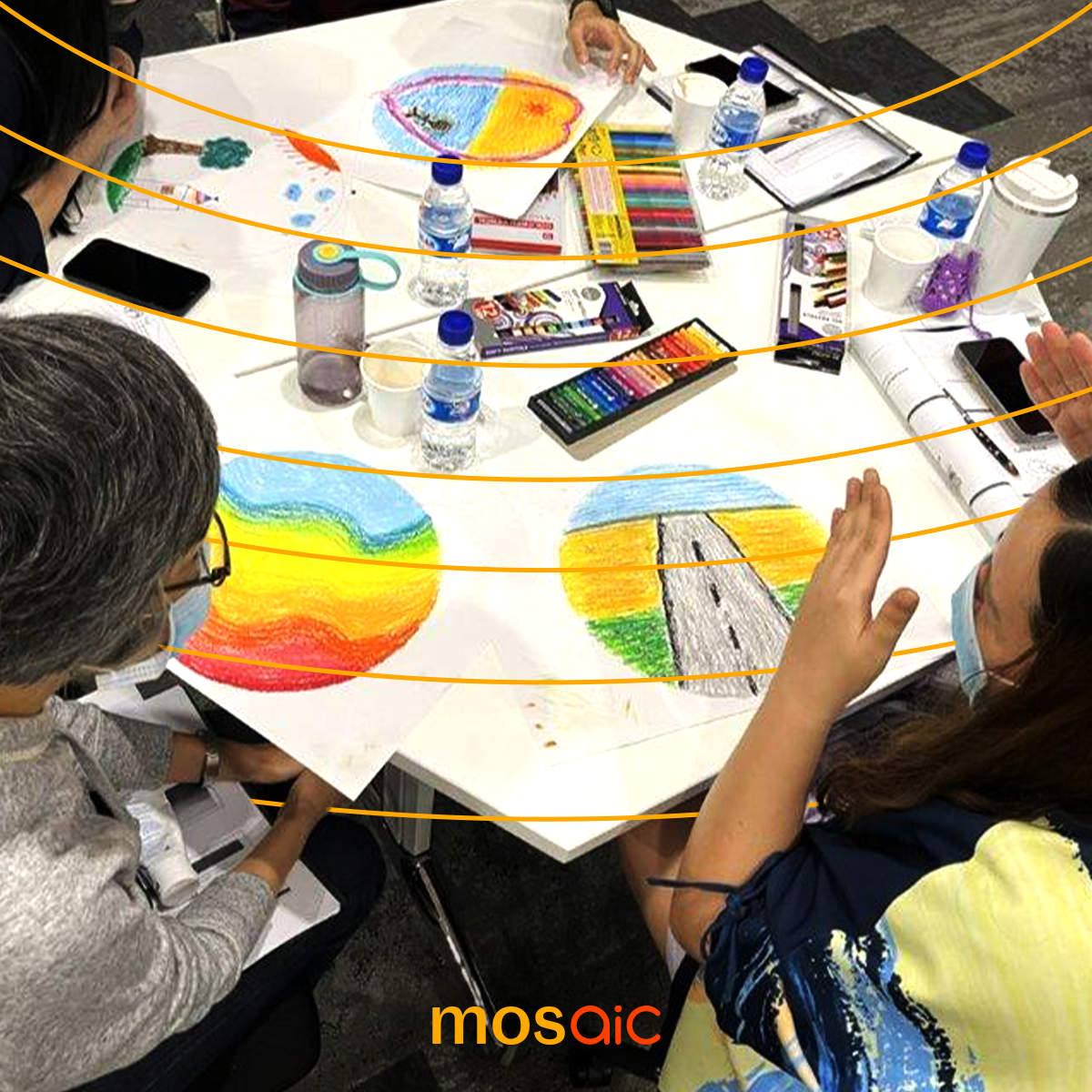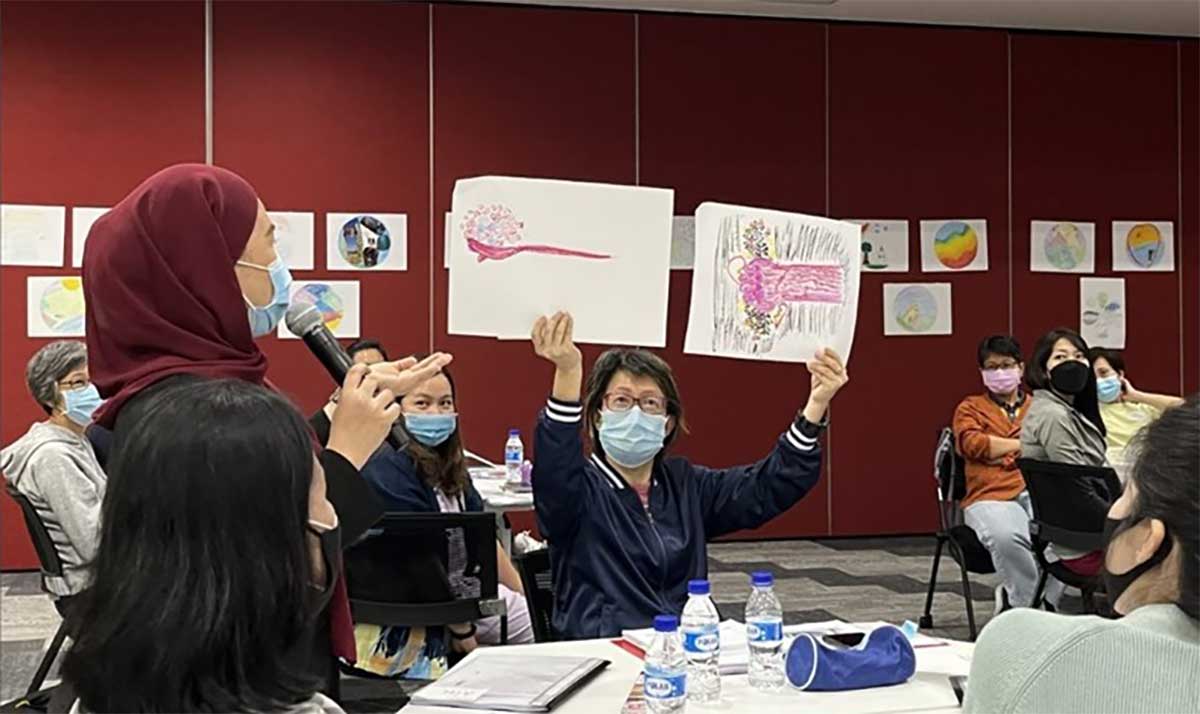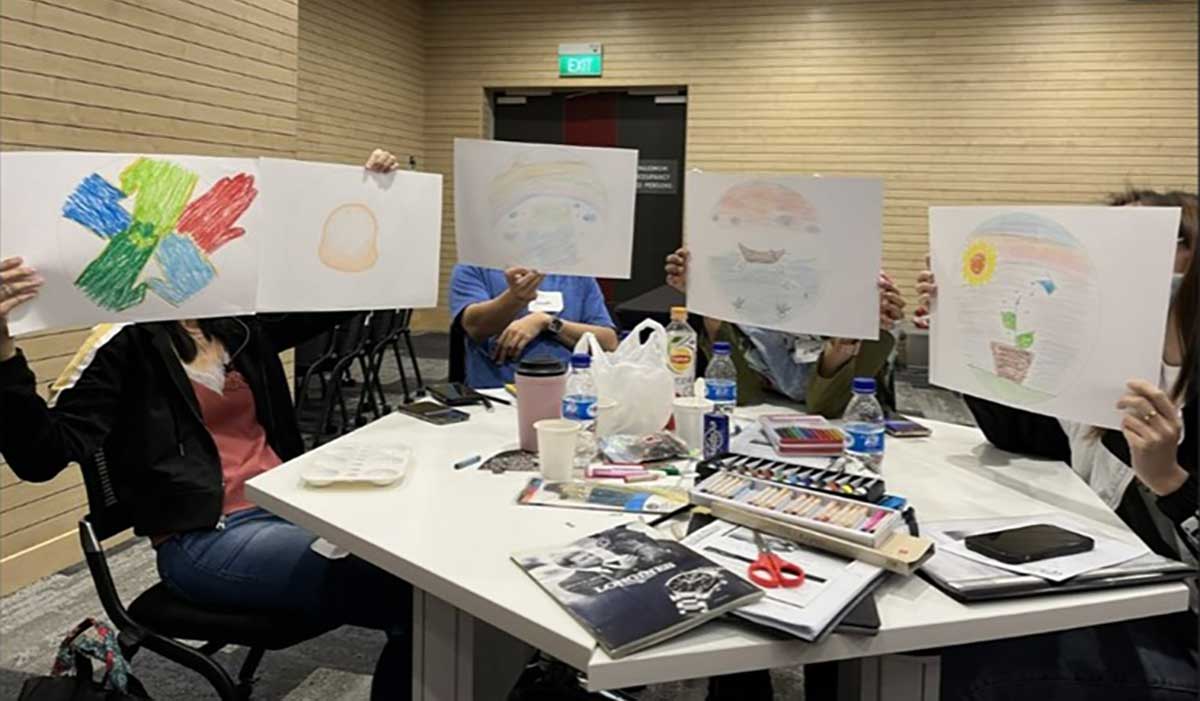Courses on Burnout, Resilience and Self-care That Will Benefit Community Care Staff

Burnout and mental health issues are real for those who take care of others on a daily basis. And this includes Community Care staff. In fact, in recent years, especially at the height of the Covid-19 pandemic, the prevalence of burnout, mental health issues and stress has risen in the healthcare sector.
A July 2021 study published by the Institute of Mental Health found that primary care doctors felt higher rates of anxiety, depression and burnout than before the pandemic.
Dr Lim Boon Leng, a psychiatrist at the Gleneagles Medical Centre, wrote in a CNA op-ed piece in March 2022: “As a psychiatrist, I have seen a worrying trend of not just nurses and doctors, but also administrators and allied health professionals, seeking help for burnout and emotional difficulties triggered by the overwhelming stress that their work has brought them in these uncertain times.”
Burnout is an important topic that needs to be addressed because it can affect people’s mental well-being, and lead to other issues that could affect work performance and productivity — and ultimately, also affect how Community Care staff care for their clients.
To help deal with burnout among Community Care professionals, The Palliative Care Centre for Excellence in Research and Education (PalC) runs two courses — one for individuals to learn how to apply mindfulness meditation techniques and expressive arts into their clinical work and self-care practices, coming up in Jun 2023, and another – which will be launched in early 2024 – is geared towards managing burnout at the team or organisational level.
Here’s the lowdown on both these courses:
INDIVIDUAL LEVEL: Workshop on Burnout and Self-Care
Course schedule: mid-June
Who would benefit from this course?
Those in the healthcare sector, Community Care professionals, medical staff, allied health professionals, senior management, corporate services staff — practically everyone who is faced with stress and risk of burnout.

What will you learn from this course?
Pitched at an intermediate level, the course is a fully immersive experience and makes use of experiential learning techniques that apply theory and research.
Participants learn how to apply mindfulness meditation and expressive arts into their own clinical work and self-care practices through a series of mini interactive lectures on stress, resilience, dignity and compassion in care, as well as mindfulness meditation practices, art making, reflective writing and group discussions.
Fiona Ong, a social worker, who attended the course, said, “The trainers were very clear with presentation and provided concrete examples for elaboration.”
Takeaways from those who have taken the course
Those who have taken the course credit it for teaching them ways to be more open and express their feelings.
Charlene Lee, an occupational therapist agreed, “It was a good way to create art and share it with fellow participants.”
Others, like Yap Ching Sian, a medical social worker, appreciated the course because “it was a safe space for me to ask questions”.
The course also taught participants to be more mindful and show empathy for caregivers “when they are facing their loved ones who are at the end of their lives,” said Nancy Tan, a staff nurse.

ORGANISATIONAL LEVEL: Managing Burnout and Building Resilience: A Practical Course for Community Healthcare Leaders
Course start: Early 2024
Who would benefit from this course?
Senior management in the Community Care, Healthcare, Allied Healthcare and other related sectors who lead care teams.
What will leaders learn from this course?
Encompassing information based on 10 years of research into burnout and resilience, this course teaches participants skills to identify and manage burnout as well as build resilience in themselves, their colleagues and their organisation.
The course provides participants with a better understanding of burnout, strategies to prevent burnout, promote self-care, and build resilience in the organisation.
